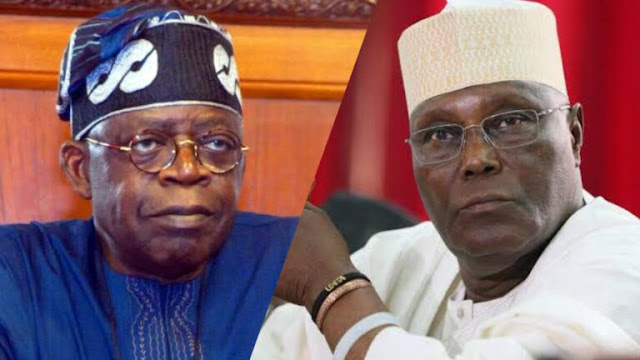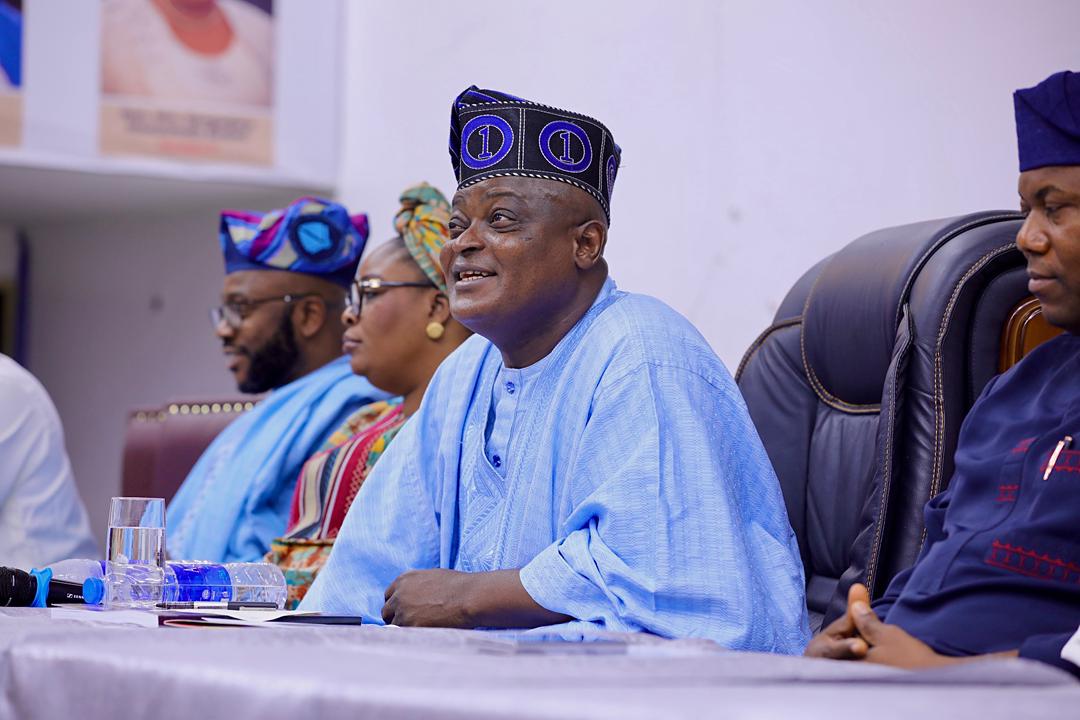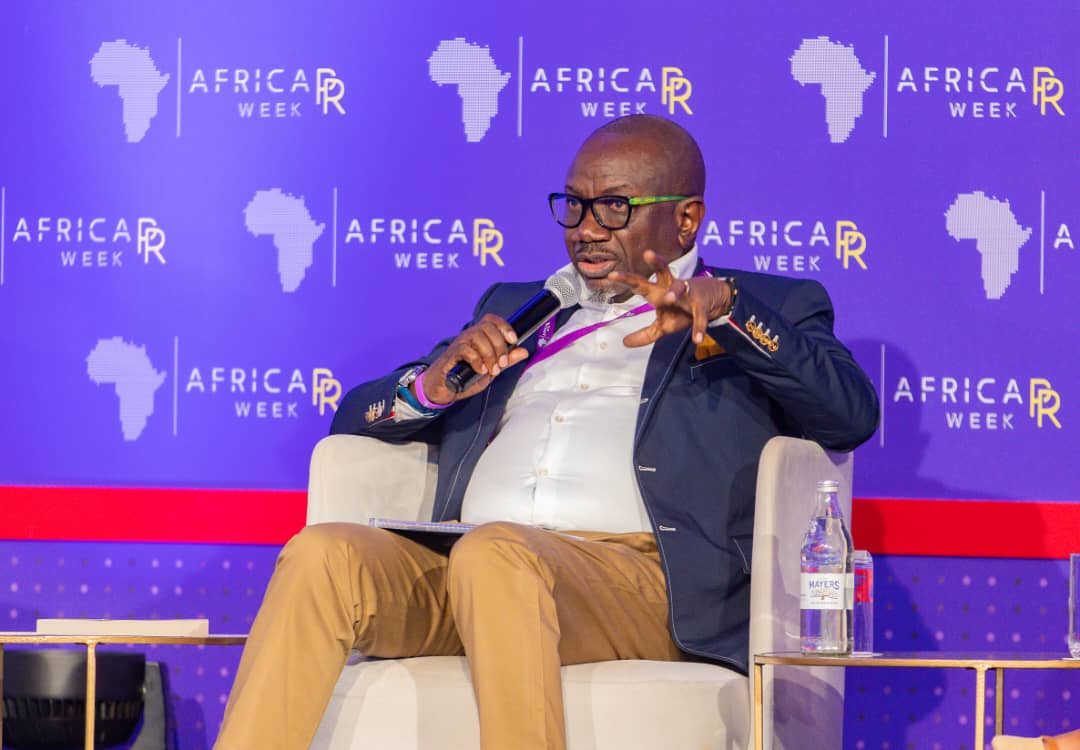In a bold and urgent call to action, former Vice President of Nigeria, Alhaji Atiku Abubakar, has challenged President Bola Ahmed Tinubu’s administration to implement far-reaching electoral and judicial reforms to prevent what he described as an accelerating breakdown of Nigeria’s democratic system. Speaking through a detailed statement released on Thursday, August 28, 2025, Atiku warned that without immediate and comprehensive reforms, the nation’s democracy risks further erosion as the 2027 general elections approach. His remarks come at a critical juncture in Nigeria’s political history, as public confidence in the electoral process continues to wane, and concerns about judicial overreach in election matters grow.
Atiku’s statement, which has sparked widespread discussion across political and civil society circles, underscores the fragility of Nigeria’s democratic institutions and the urgent need to restore trust in the electoral process. The former Vice President, who contested the presidency under the People’s Democratic Party (PDP) in 2019 and 2023, drew on his extensive political experience to highlight systemic flaws that have plagued Nigeria’s elections for decades. His call for reform is not only a critique of the current administration but also a broader appeal to all stakeholders—government, electoral bodies, judiciary, and citizens—to prioritize the integrity of the democratic process.
Voter Participation and the 2023 Elections: A Troubling Trend
Atiku began his statement by commending Nigerians for their participation in the ongoing Permanent Voter Card (PVC) registration exercise, a critical step toward ensuring that citizens are empowered to exercise their democratic rights. However, he cautioned that voter registration, while essential, is insufficient to guarantee credible elections. The former Vice President pointed to the alarmingly low voter turnout during the 2023 general elections as a stark indicator of the challenges facing Nigeria’s democracy.
According to official figures from the Independent National Electoral Commission (INEC), only 24.9 million out of 93 million registered voters cast their ballots in the 2023 presidential election, representing a turnout of approximately 26.7%. This figure, Atiku noted, marks the lowest voter turnout since Nigeria’s return to democratic rule in 1999. The abysmally low participation rate, he argued, reflects a growing disillusionment among Nigerians with the electoral process, fueled by perceptions of manipulation, voter suppression, and lack of transparency.
The low turnout in 2023 is particularly striking when compared to previous elections. For instance, the 1999 elections saw a turnout of approximately 52%, while the 2011 elections recorded a turnout of about 53%. The steady decline in voter participation over the years raises serious questions about the credibility of Nigeria’s electoral system and the extent to which citizens feel their votes can effect meaningful change. Atiku’s statement highlights the need for urgent reforms to reverse this trend and restore public confidence in the democratic process.
Erosion of Ballot Integrity: A Growing Crisis
At the heart of Atiku’s critique is his assertion that “the integrity of the ballot is being eroded.” He argued that the current electoral system allows “too much room for manipulation,” enabling irregularities that undermine the will of the people. This concern is not new in Nigeria, where allegations of electoral fraud, vote-buying, and result manipulation have long been a feature of elections. However, Atiku’s statement frames these issues as a systemic crisis that threatens the very foundation of Nigeria’s democracy.
To illustrate his point, Atiku referenced the work of Professor Chidi Odinkalu, a prominent Nigerian human rights lawyer and former chairman of the National Human Rights Commission. In his book, The Selectorate, Odinkalu argues that Nigeria’s election outcomes are increasingly determined by judicial rulings rather than the votes cast by citizens. This phenomenon, often referred to as the “judicialization” of elections, has seen courts play an outsized role in resolving electoral disputes, sometimes overturning results or upholding outcomes that many Nigerians believe do not reflect the true will of the electorate.
Atiku’s reference to Odinkalu’s work underscores a growing concern among observers that Nigeria’s judiciary has become a de facto arbiter of electoral outcomes. In recent years, high-profile election petitions have been decided by courts, often amid allegations of bias, corruption, or undue influence. For example, the 2019 presidential election saw Atiku challenge the victory of then-incumbent President Muhammadu Buhari, only for the Supreme Court to uphold Buhari’s win in a decision that many Nigerians viewed as controversial. Similarly, the 2023 elections were followed by a series of legal battles, with opposition candidates, including Atiku, alleging widespread irregularities.
The former Vice President’s call for reform seeks to address this troubling trend by shifting the focus back to the electoral process itself. He argued that the reliance on courts to resolve electoral disputes is a symptom of deeper systemic failures, particularly in the conduct and management of elections. By strengthening the electoral framework, Atiku believes Nigeria can reduce the need for judicial intervention and ensure that election outcomes truly reflect the will of the people.
Specific Reforms Proposed by Atiku
Atiku’s statement outlined a series of specific reforms aimed at addressing the flaws in Nigeria’s electoral and judicial systems. These proposals, if implemented, could significantly enhance the credibility and transparency of the electoral process. Below are the key reforms he advocated for:
Mandatory Use of BVAS and Electronic Transmission of Results
Atiku called for the mandatory use of the Bimodal Voter Accreditation System (BVAS) in all elections, without exceptions. BVAS, introduced by INEC in 2021, is a technological innovation designed to authenticate voters’ identities using biometric data, thereby reducing incidents of multiple voting and other forms of electoral fraud. While BVAS was used in the 2023 elections, its implementation was marred by technical glitches and allegations of selective deployment, which undermined its effectiveness.
In addition to mandating BVAS, Atiku insisted that election results at all levels—polling units, wards, local governments, and states—must be transmitted electronically to a central server in real-time. He argued that manual processes, such as the physical transportation of result sheets, create opportunities for manipulation and should be “completely eliminated.” The electronic transmission of results, he believes, would enhance transparency and make it more difficult for electoral officials or political actors to alter outcomes.
Overhaul of INEC Appointment Processes
Atiku also called for a comprehensive overhaul of the process for appointing INEC’s leadership, including the Chairman and National Commissioners. Currently, these appointments are made by the President, subject to confirmation by the Senate. Atiku argued that this system gives the executive undue influence over the electoral body, compromising its independence.
To address this, he proposed that INEC appointments be subjected to “robust democratic scrutiny,” potentially involving a broader range of stakeholders, such as civil society organizations, political parties, and the National Assembly. By reducing the executive’s control over INEC, Atiku believes the commission can operate with greater impartiality and credibility.
Shifting the Burden of Proof in Election Petitions
On the issue of election petitions, Atiku advocated for a significant shift in the legal framework. Currently, candidates who challenge election results are required to prove that the electoral process was flawed. Atiku argued that this burden should instead lie with INEC, which should be required to demonstrate compliance with electoral laws and regulations.
This proposal aims to address the challenges faced by aggrieved candidates, who often struggle to gather sufficient evidence to prove electoral malpractices. By placing the burden of proof on INEC, Atiku believes the commission will be incentivized to conduct elections in a more transparent and accountable manner, knowing that it may be called upon to defend its processes in court.
Restoring Transparency and Curbing Undue Influence
Atiku’s overarching goal is to restore transparency to Nigeria’s electoral process and curb the undue influence of powerful actors, whether political, judicial, or otherwise. He emphasized that the electoral mandate must be returned to the Nigerian people, who should have confidence that their votes will count and their voices will be heard.
To achieve this, Atiku called for a holistic approach to reform, encompassing not only electoral processes but also the judicial system that adjudicates election-related disputes. He stressed the need for an independent and impartial judiciary, free from political interference, to ensure that election petitions are resolved fairly and transparently.
The Broader Context: Nigeria’s Democratic Challenges
Atiku’s call for reform comes against the backdrop of Nigeria’s complex and often turbulent democratic journey. Since the country’s return to civilian rule in 1999, it has held seven general elections, each accompanied by varying degrees of controversy. While there have been notable improvements in the electoral process over the years—such as the introduction of card readers in 2015 and BVAS in 2021—persistent challenges remain.
One of the most significant challenges is the lack of trust in INEC as an impartial arbiter of elections. The commission has faced criticism for its handling of elections, with allegations of bias, incompetence, and susceptibility to political pressure. The 2023 elections, in particular, were marred by logistical failures, including delays in the deployment of voting materials and technical issues with BVAS and the INEC Result Viewing (IReV) portal, which was meant to facilitate the electronic transmission of results.
These failures fueled widespread skepticism about the integrity of the electoral process and contributed to the low voter turnout observed in 2023. For many Nigerians, the perception that elections are rigged or manipulated has led to apathy and disengagement from the democratic process. Atiku’s statement taps into this sentiment, offering a roadmap for restoring trust and ensuring that Nigeria’s democracy serves its citizens.
The Role of the Judiciary in Electoral Disputes
The increasing role of the judiciary in resolving electoral disputes has been a double-edged sword. On one hand, the courts provide a legal avenue for addressing grievances and upholding the rule of law. On the other hand, the judiciary’s involvement has raised concerns about its impartiality and susceptibility to external pressures. High-profile cases, such as the Supreme Court’s rulings in the 2019 and 2023 presidential elections, have fueled debates about the judiciary’s role in Nigeria’s democracy.
Atiku’s proposal to shift the burden of proof in election petitions reflects a broader concern about the challenges faced by petitioners in navigating the judicial system. Proving electoral fraud or non-compliance with electoral laws requires significant resources, including access to evidence that is often controlled by INEC or other state institutions. By placing the burden on INEC to demonstrate compliance, Atiku’s reform seeks to level the playing field and ensure greater accountability.
The Path Forward: Challenges and Opportunities
Implementing Atiku’s proposed reforms will not be without challenges. Nigeria’s political landscape is deeply polarized, with competing interests among political parties, government institutions, and civil society. Any attempt to overhaul the electoral system is likely to face resistance from those who benefit from the status quo, including politicians and officials who rely on manipulation to secure power.
Moreover, reforming the judiciary and INEC will require significant political will and consensus among stakeholders. The appointment of INEC officials, for example, is a politically sensitive issue, as it touches on the balance of power between the executive and other branches of government. Similarly, shifting the burden of proof in election petitions would require amendments to existing electoral laws, a process that could be protracted and contentious.
Despite these challenges, Atiku’s call for reform presents an opportunity to strengthen Nigeria’s democracy at a critical moment. The 2027 elections are less than two years away, and the time to act is now. By addressing the systemic flaws in the electoral process, Nigeria can rebuild public trust, increase voter participation, and ensure that the will of the people is reflected in election outcomes.
Conclusion: A Call to Action for All Nigerians
Atiku Abubakar’s statement is more than a critique of the current administration; it is a clarion call for all Nigerians to take ownership of their democracy. By advocating for specific, actionable reforms, Atiku has laid out a vision for a more transparent, accountable, and inclusive electoral system. His proposals—ranging from the mandatory use of BVAS to the overhaul of INEC appointments and judicial processes—offer a comprehensive roadmap for addressing the challenges facing Nigeria’s democracy.
As the nation prepares for the 2027 elections, the onus is on all stakeholders—government, INEC, the judiciary, civil society, and citizens—to work together to implement these reforms. Failure to do so, as Atiku warned, could accelerate the breakdown of Nigeria’s democracy, with far-reaching consequences for the nation’s stability and progress. By heeding this call to action, Nigeria has the opportunity to strengthen its democratic institutions, restore public confidence, and ensure that the electoral mandate truly belongs to the people.






